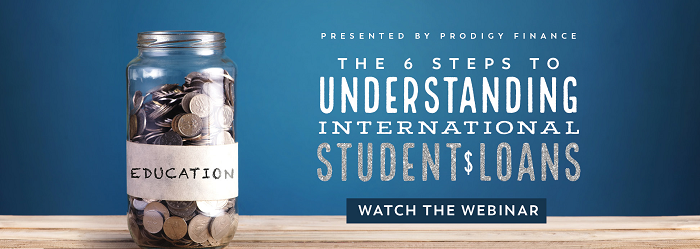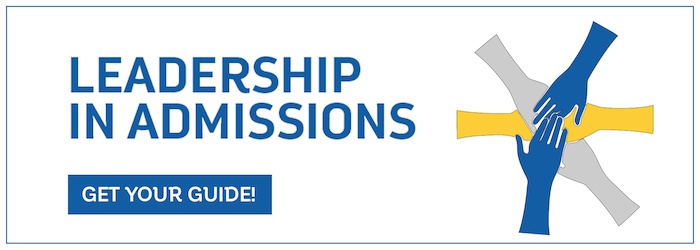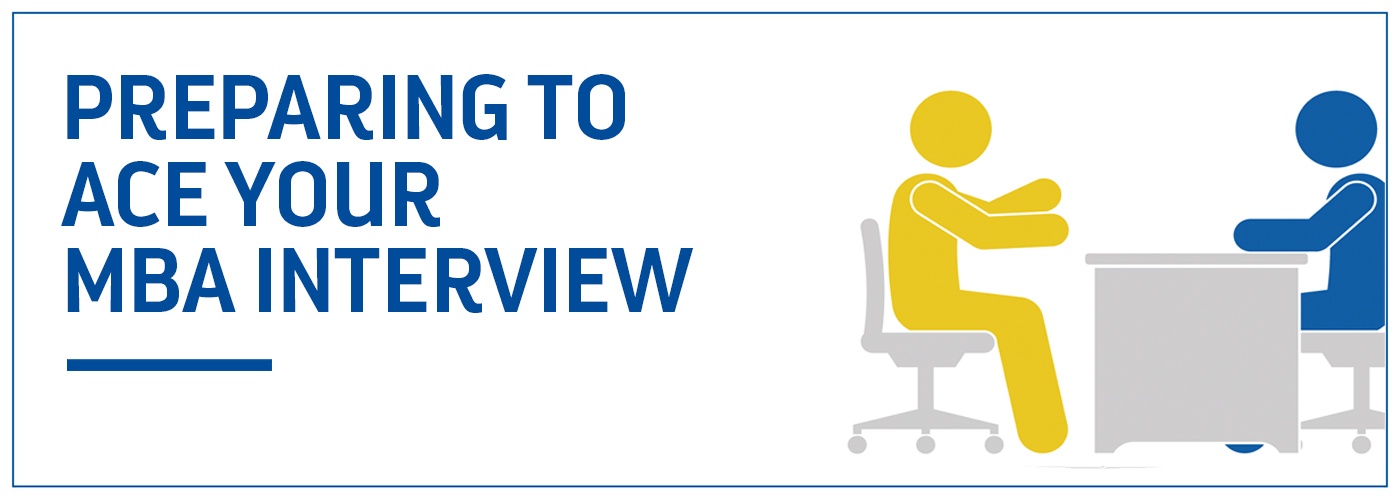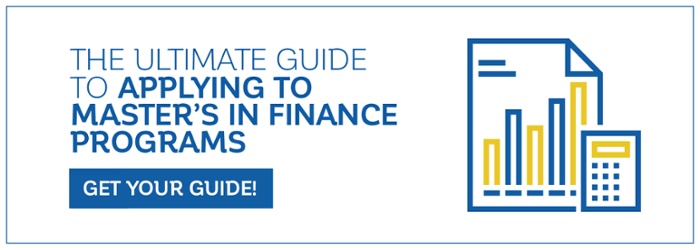
This week we are pleased to welcome Heidi Pickett, Director of the MIT Sloan Master of Finance Program. Heidi worked in financial services for 20 years before becoming Director of this program in 2011. She fills us in on what the program is looking for in an applicant, how to figure out if the program is a good fit for you, and the application process. Listen in for the inside scoop!
Could you give an overview of the MIT’s Master in Finance program highlighting its distinctive features? [0:28]
The program was launched in 2008 at the height of the financial crisis, in direct response to the crisis. Our finance faculty felt that there shouldn’t be fewer people in the finance function, but better trained people. It’s geared toward early career finance professionals and grounded in finance theory, models, and applications. Modern finance was invented here at MIT, and the tools and models developed here and used throughout the world are taught by those who created them.
The MIT Sloan MFin comes in a 12-month and an 18-month option. What are the differences? [1:53]
The 12-month track is our original and primary track. The degree requirements for both programs are the same, but the 18-month track is ideal for those that would like to take more time and take advantage of more courses, not just at Sloan but across MIT. The 18 month program also allows for an internship to gain practical experience, which is a great opportunity for people who haven’t worked full time in finance.
I understand that this is a program geared to early career applicants. Is that correct? [2:51]
Yes. Not all MFin programs are geared to early career applicants, but ours definitely is.
What is the typical amount of work experience? [3:23]
The average is around 18 months, however full-time experience ranges from zero to three years max, with one caveat. We feel strongly about training people in the public sector as well (central bankers, official institutions, regulators, etc), so we do attract people from those types of organizations as well. Those students tend to be sponsored and return to their organizations after graduation and are usually outliers with 5-10 years of experience.
Let’s return to the 12- vs 18-month options. Other than the internship, is it just the love of learning that would motivate students to do the 18-month option? [4:51]
There are a few reasons people choose the 18-month option. The program is very rigorous and intense. Many students who have gone through the 12 month program have told us they wished they had another semester to allow for participation in the other things available, like clubs, leadership opportunities or running conferences. Others want the extra time to load up on additional courses, sometimes in finance, sometimes in other subjects.
How does the MFin differ from an MBA with a concentration in finance or a Master in Financial Engineering? [6:15]
MFin vs. MBA: The MFin is early career vs an average of 4-5 years of experience in the MBA program. You also get double the amount of finance courses, so overall it’s more quantitative.
MFin vs MFE: Intention. The MFin offers a broader range of subject matter, resulting in a broader range of opportunities upon graduation as opposed to a sliver of the market with the MFE. Students can customize their curriculum, and we do have a MFE concentration within the MFin program, so we provide the skill set to MFin students who are interested.
Any discussion at MIT Sloan about an eventual joint MBA/MFin? [8:14]
No, not at this point, and we don’t see a need. We have two strong programs, and student interests are different.
Can you describe the application process for the MIT Sloan Master in Finance? [8:44]
It starts with a pre-app through online chats or info sessions on campus or other locations around the world, in order to understand who we are, our program and culture, and make sure we are a good fit. Once the decision to apply has been made, applications are due the first week of January. The application includes an essay and three letters of recommendation (one academic, one professional, and the third either/or). Transcripts must also be submitted, and we look closely at the level of math courses as well as for some proficiency in a programming language, whether that’s R or Python or something comparable. We also have the video interview. And we look at GRE or GMAT scores. If an applicant is a non-native English speaker and did not attend four years at an English-speaking institution, we require the TOEFL or IETS as well.
Applications are reviewed, and interviews are invitation only. Interviews take place in person, either on campus or around the world with our team.
Any advice for answering the essay questions? [10:59]
We look for the applicant’s own voice, a passion for finance, an understanding of the preparations thus far (coursework, research, work experience), and then what they want to do when they graduate. Goals don’t need to be precise, but realistic and well thought through, with an understanding of the range of opportunities that will exist after receiving the degree.
What’s the purpose of the video question? [13:23]
Finance is not just numbers or knowing how to run a model or create a program. It requires communication skills – specifically the ability to communicate clearly the complex issues being worked on to everyone in the room. We promise strong communication/presence skills to our employer partners and it is part of the MFin experience, so we use the video data point as another part of the application before meeting in person to see how applicants can present themselves in 60 seconds.
One needs good quantitative skills to succeed at MIT Sloan, and good communication skills to succeed in a finance career. What other personal qualities are important? [14:38]
A strong grounded sense of ethics. The ability to recognize when to ask questions or voice concerns. Having the conviction to raise issues and understand implications of actions with access to such powerful tools. With lessons learned from the financial crisis, we want our graduates to go out into the world doing things in an ethically and socially responsible way.
What kind of careers will graduates go into? [15:43]
Pretty traditional. About 1/3 go into investment management, maybe 20% into consulting, and a large portion into investment banking. Also a small portion goes into venture capital, private equity, CFO rotational programs, or even starts ups.
What’s a cool story about an MFin grad? Or one that you are particularly proud of? [17:23]
We have a 2010 graduate who works for a large asset management company in the US but is very focused on social impact investing. He recently came back to campus and spoke at our sustainability summit about new forms of capital to solve the world’s problems. It’s really neat to see someone using their financial skill set in a way that also aligns with MIT’s mission of solving the world’s problems.
What question would you like to answer that I didn’t ask? [18:56]
The long term value of the degree. It not only pays off when you graduate, but generates returns throughout your lifetime, providing skills that will help you adapt to global markets that change rapidly and become more complex.
Related Links:
• MIT Sloan Masters of Finance Admissions
Related Shows:
• Contemplating a Career in Data Science/Business Analytics?
• Insights into MIT Sloan MBA Admissions with Dawna Levenson
• A Transformational Year: The MIT Sloan Fellows Program
Subscribe:
The post MIT Sloan Master in Finance: How to Get In! [Episode 231] appeared first on Accepted Admissions Blog.



















 Cindy Tokumitsu has advised hundreds of successful applicants, helping them gain acceptance to top MFin, MBA, EMBA and other graduate management programs in her 15+ years with Accepted. She would love to help you too.
Cindy Tokumitsu has advised hundreds of successful applicants, helping them gain acceptance to top MFin, MBA, EMBA and other graduate management programs in her 15+ years with Accepted. She would love to help you too. 

 ) and recounting to a colleague or friend an interesting recent experience you had. You don’t cite every detail but rather convey just the details relevant to that particular conversation, and you supplement the facts of the story with brief reflections or elaborations of what you were thinking or feeling at a pivotal moment. You slow down when approaching the turning point. You wrap up with a brief comment or look back (“I learned a lot, but I really hope I never have to go through that again!”).
) and recounting to a colleague or friend an interesting recent experience you had. You don’t cite every detail but rather convey just the details relevant to that particular conversation, and you supplement the facts of the story with brief reflections or elaborations of what you were thinking or feeling at a pivotal moment. You slow down when approaching the turning point. You wrap up with a brief comment or look back (“I learned a lot, but I really hope I never have to go through that again!”).





















 ). Please review these resources as a starting point. In this post, I’ll address MFin interviews specifically.
). Please review these resources as a starting point. In this post, I’ll address MFin interviews specifically.








 By Jennifer Bloom, admissions consultant at Accepted for 20 years and Certified Professional Resume Writer (CPRW). She is an expert at guiding you to produce application materials that truly differentiate you from the rest of the driven applicant pool. If you would like help with your application, Jennifer can suggest a number of options that work with any budget.
By Jennifer Bloom, admissions consultant at Accepted for 20 years and Certified Professional Resume Writer (CPRW). She is an expert at guiding you to produce application materials that truly differentiate you from the rest of the driven applicant pool. If you would like help with your application, Jennifer can suggest a number of options that work with any budget. 















